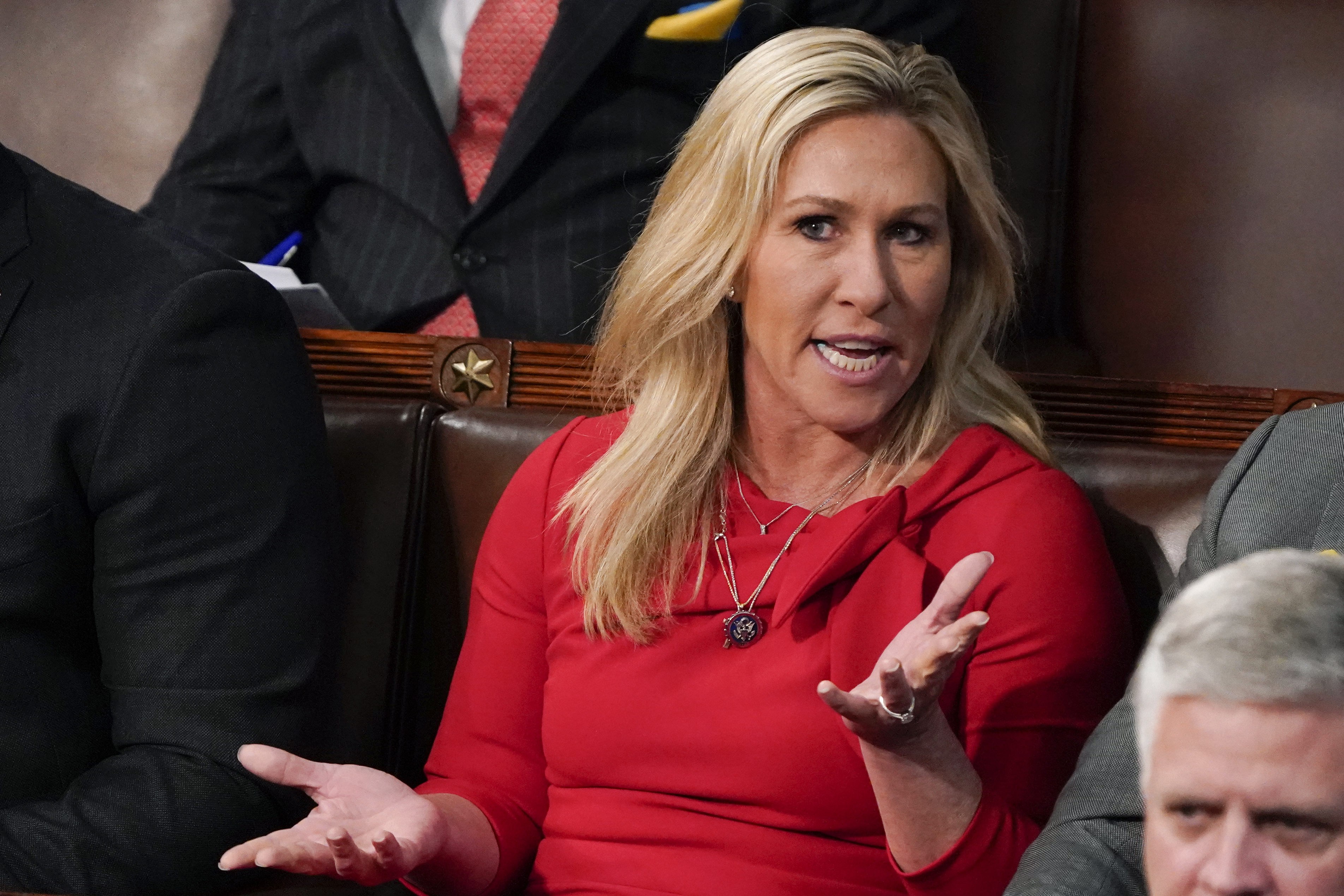
This article first appeared on the Foundation for Economic Education site.
Today is Vietnam Remembrance Day. It's a national holiday in Vietnam for remembering martyrs and wounded soldiers.
If I were in Vietnam now, I would probably be sitting next to my granddad (who once served in the armed force of the Vietnam People's Army), listening to his war stories.
Every time I witnessed him recalling memories of the Vietnam War, I couldn't help admiring and yet pitying my grandfather, a soldier risking his own life and sacrificing everything he had for the ideology he believed in.
The North and South were both determined to defeat the other at all costs. The Vietnam War was indeed an ideological war. The Communist North and the capitalist South viewed each other as a threat to the nation's well-being.
Hanoi referred to South Vietnam government as nguy quyen (meaning a puppet or illegitimate government). It considered authorities in the South "greedy" capitalists who betrayed the Vietnamese people and sold the country to the United States, whereas Saigon accused the North Vietnam government of making the Vietnamese people slaves to Communist China, the Soviet Union and "filthy" communism.
After Vietnam's division in 1954, both sides took actions pursuant to extreme political polarization. In the North, Ho Chí Minh carried out "land reform," killing more than 172,000 people after classifying them as the evil rich and landowners. During that same period of time, Ngô Dình Diem in the South launched the "Anti-Communist Denunciation Campaign," executing about 12,000 suspected opponents and jailing 40,000 political prisoners.
Always a Cost
The costs of war were prodigious. But in a time when both sides were blinded by extreme ideologies, cost-benefit analysis ceased to matter.
The Vietnam War killed about 2 million Vietnamese civilians, 1.1 million North Vietnamese troops, 200,000 South Vietnamese troops and 58,000 U.S soldiers. Those wounded in combat numbered tens of thousands or more. The United States's massive bombing ruined my country, and Agent Orange disabled generations of people in Vietnam.
The costs of an ideological divide extend beyond the war.
After April 30, 1975, the North Vietnam government implemented a series of policies "aimed at eliminating capitalists" in the South, ranging from economic collectivization to thought reform and "re-education" camps, leaving the country devastated. Between 1975 and 1995, about 2 million Vietnamese left their country by any means, of whom only half reached their destinations.
Forty-one years after the war, tensions between the North and South are still there. Many Southerners often refer to Northerners as Bac Ky chó (a sarcastic term implying Northerners are slaves to Communism and China) and criticize them for being uneducated, impolite, violent and deceitful people.
The day before I left Vietnam to go study in the United States, my English teacher had to remind me: "If you meet Vietnamese people in the U.S., speak English. You have a Northern accent. Northerners are thought to be Communists. Just for your safety, never speak Vietnamese to Vietnamese; never let them know you were born and raised in North Vietnam."
North Vietnam with its Communist ideology won in the end, only to adopt the market economy that the South once embraced about 10 years after the war. After all the hatred—all those deaths, losses and destruction—what end did the war serve anyway?
History Repeats
This year I have a summer internship in the U.S. and therefore can't sit next to my grandfather and listen to his war stories. Being here, witnessing the increasingly extreme divide between the two parties and among the people, sometimes frightens me. It reminds me of the same pattern that once happened to Vietnam.
According to research by the Pew Research Center, 43 percent of Republicans and 38 percent of Democrats now view the opposite party in strongly negative terms, and people on the right and left are more likely to say it is important to them to live in a place where most people share their political views.
Many of you may argue that my fear is absurd, because there is no way the United States could have another civil war. But had you grown up in a country where the wounds of the war are still apparent in everyday life; a country where on average each family had at least one member killed in the war; a country where compatriots killed one another, mothers lost sons, and wives lost husbands; a country where the wounded soldiers still struggle with severe injuries and haunted memories every day, all that just because of a deep divide in political ideologies, you would understand me.
My experience in Vietnam has trained me to be skeptical of all propaganda: every picture, video, and meme on social media. Reading posts or articles that say "here is the truth," "here is what's wrong," "here's how to shut someone up in five minutes," etc.—or seeing my friends refusing to debate or deleting friends on Facebook just because "I cannot stand being surrounded by those stupid Republicans"—worries me.
If right and wrong could be as distinct as black and white, if the truth could be found that easily (in just one short article or a two-minute video), my country wouldn't have had to go through a war.
The problem of knowledge, as Friedrich Hayek put it, is that it "never exists in concentrated or integrated form, but solely as the dispersed bits of incomplete and frequently contradictory knowledge which all the separate individuals possess."
After all, as Viet Thanh Nguyen says in his book The Sympathizer, "Tragedy was not the conflict between right and wrong but right and right, a dilemma none of us who wanted to participate in history could escape."
Tien Dinhis a student at the University of New Orleans and an intern at the Independence Institute.
Uncommon Knowledge
Newsweek is committed to challenging conventional wisdom and finding connections in the search for common ground.
Newsweek is committed to challenging conventional wisdom and finding connections in the search for common ground.
About the writer
To read how Newsweek uses AI as a newsroom tool, Click here.








